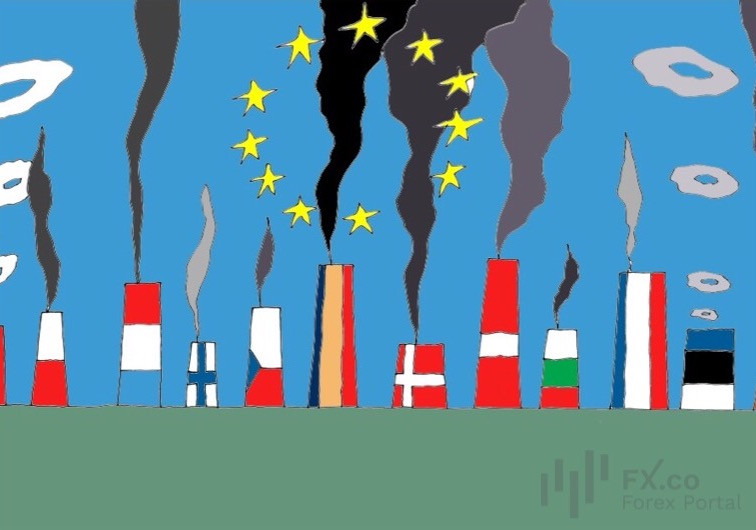
Grim forecasts from experts about a decline in eurozone industrial production have not come true. Production remained stable in October, defying economists' predictions of a temporary decline. This positive result followed a 1.5% drop in the manufacturing sector in September.
The stability in the European industrial production contrasts with the expected 0.1% downtick. However, experts believe that the sector is still far from recovery. Let’s not forget that eurozone industrial production has been in recession for nearly two years.
According to analysts, the overall stability of economic indicators is a deceptive phenomenon. The current macroeconomic data from the EU reflects disparities among the EU's largest economies. Notably, Germany, France, and the Netherlands reported negative figures for the month, while Italy's industrial production stagnated. On the other hand, Spain recorded a positive result.
At present, the eurozone's industrial sector is going through serious challenges. The reasons include high energy costs and soft demand from China. Besides, the cost of financing investments has risen, and domestic consumer spending remains low.
These issues were highlighted at the European Central Bank’s meeting. The protracted economic uncertainty prompted the ECB to cut the refinancing rate. The ECB also revised its eurozone GDP growth forecast downward.
Importantly, the region's industrial production was 1.2% lower in October compared to the same month in 2023. However, this decline was not as severe as the 1.9% fall projected. Against this backdrop, analysts anticipate improvement in 2025.
 Français
Français 
 Русский
Русский English
English Bahasa Indonesia
Bahasa Indonesia Bahasa Malay
Bahasa Malay ไทย
ไทย Español
Español Deutsch
Deutsch Български
Български Tiếng Việt
Tiếng Việt 中文
中文 বাংলা
বাংলা हिन्दी
हिन्दी Čeština
Čeština Українська
Українська Română
Română

Commentaires: